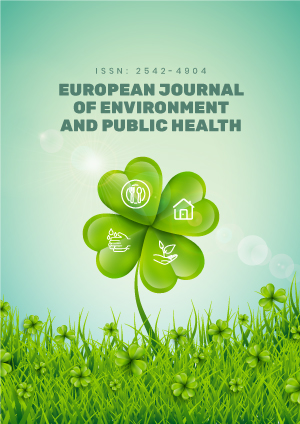Abstract
Background: In Arab countries, genetic blood disorders are common and account for a major proportion of physical and mental disability. Premarital screening is one of the most successful programs in the United Arab Emirates for reducing such high prevalence.
Aim: To assess the attitudes of the university students towards premarital screening program.
Method: A cross-sectional descriptive study was conducted at Ras Al Khaimah Medical and Health Sciences University during the period from February to June 2020. A self-administered questionnaire was distributed to 265 students using systematic random sample technique. The questionnaire comprised of two parts: students’ demographic data and students’ attitude about premarital screening program.
Results: The study findings revealed that the majority of participants agreed that premarital screening program prevents disease transmission to their offspring and ensures their partner’s health. A fair number believed that if any diseases appeared on one of the couples has to be treated and rehabilitated before marriage. Most of them believed that to get married with incompatible result is a wrong decision.
Conclusion: Majority of the participants have a satisfactory attitude about premarital screening program. On the other hand, targeted educational programs regarding the importance of premarital screening program are strongly suggested to eliminate all factors that may impair the program success.
License
This is an open access article distributed under the Creative Commons Attribution License which permits unrestricted use, distribution, and reproduction in any medium, provided the original work is properly cited.
Article Type: Research Article
EUR J ENV PUBLIC HLT, Volume 6, Issue 1, 2022, Article No: em0109
https://doi.org/10.21601/ejeph/12022
Publication date: 15 Apr 2022
Article Views: 3187
Article Downloads: 3183
Open Access References How to cite this article
 Full Text (PDF)
Full Text (PDF)